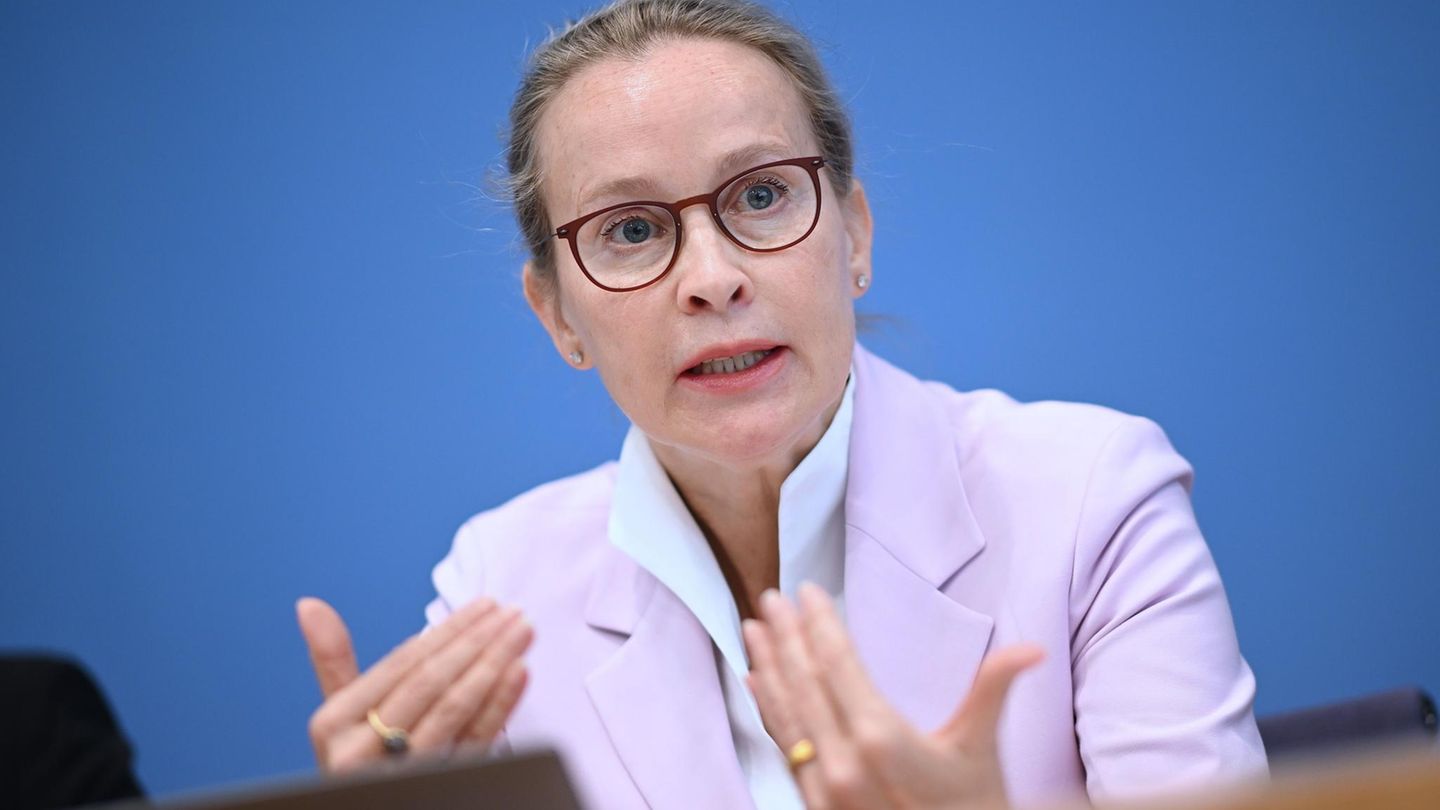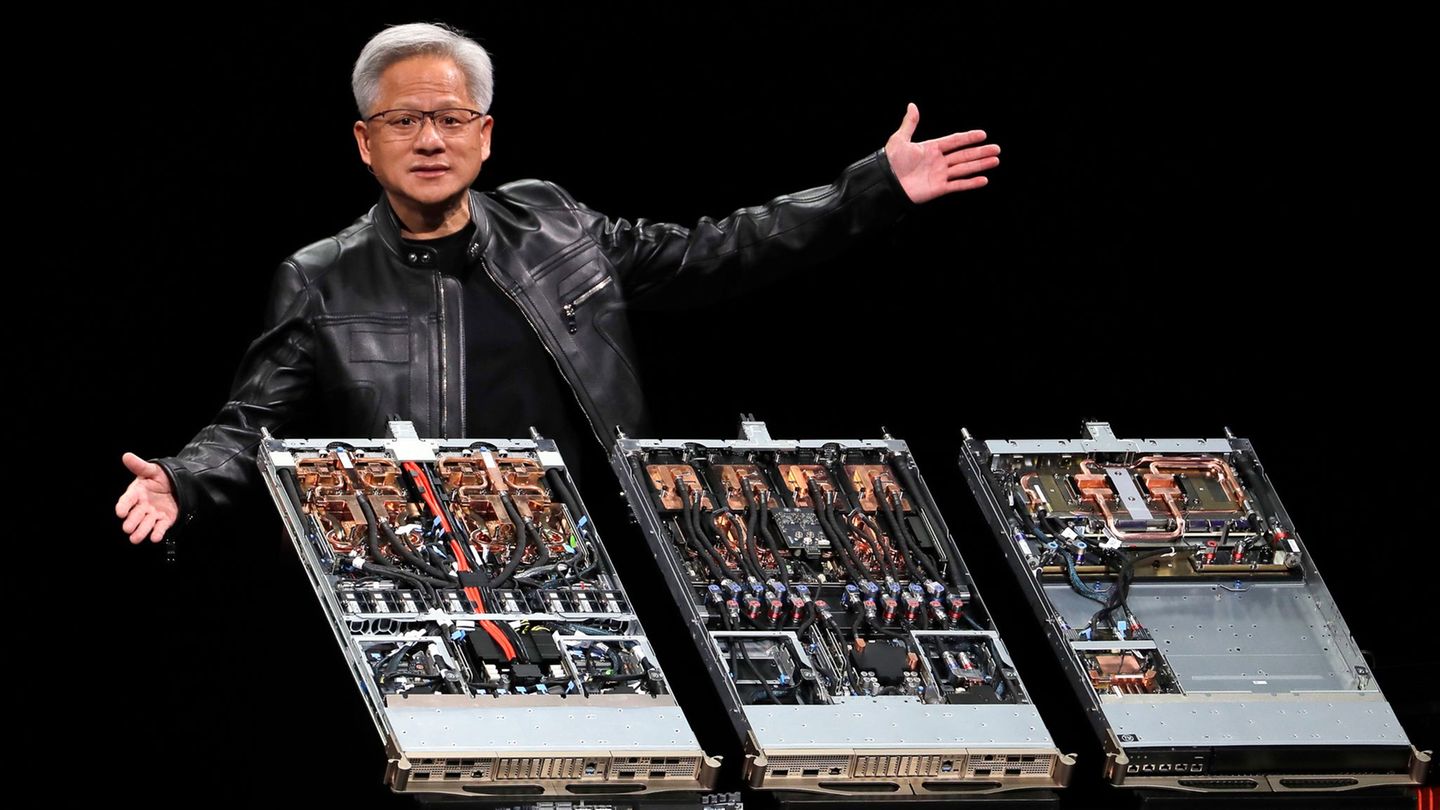Things could hardly have been much worse for the traffic light coalition in the European elections. Despite the disaster, they want to stay together. Whether that will really work will become clear by the beginning of July.
Despite some dramatic losses in the European elections, the traffic light parties have rejected calls for a new election to the Bundestag. The party leaders of the SPD, FDP and Greens expressed their confidence in Chancellor Olaf Scholz, who is partly responsible for the Social Democrats’ worst result in a national election in more than 130 years.
The next few weeks will show whether cooperation in the troubled alliance will actually still work. The budget negotiations will be a real test for the governing coalition. The cabinet plans to present its plans on July 3.
Scholz: We have to do our work
Scholz himself called on the traffic light coalition to continue doing its work. “The election result was bad for all three governing parties,” he said after a meeting with Chilean President Gabriel Boric in Berlin.
“Nobody is well advised to simply move on to business as usual. At the same time, however, it is also about doing our work, ensuring that our country becomes modern, that it moves forward.” We must now prepare ourselves for “the fact that approval will continue to grow, so that the results of this work can be put up for election in the next federal election.”
Scholz did not answer the question of what responsibility he himself bears for the election defeat. With 13.9 percent, his SPD had achieved its worst result on Sunday since it first ran under that name in a national election in 1891. During the election campaign, the Chancellor deliberately placed himself in the front row, had himself advertised alongside leading candidate Katarina Barley and appeared as a top act at several major events. The election result is therefore also his responsibility.
Secretary General Kevin Kühnert defended him. The fact that the election campaign went badly does not mean that it would have gone better without Scholz on the posters, he said defiantly. “We win together and we lose together, that is our common election defeat.”
Lindner sees “no reason to question trust”
FDP leader Christian Lindner also did not cast doubt on the chancellor’s leadership skills or the traffic light coalition as a government model. “We have a common government program, a coalition agreement that we are working on together. And as long as everyone is committed to the basis for work, there is no reason to question trust,” he said.
Green Party leader Omid Nouripour expressed similar views. “There is no need for a vote of confidence,” he said in response to a journalist’s question about support for the coalition and Chancellor Scholz. A four-year contract was signed with the SPD and FDP, and the party is sticking to it.
Tough budget negotiations
What was said at the traffic light press conferences, however, are initially just slogans of perseverance. Whether the traffic light coalition really still works will become clear in the budget negotiations, which are already difficult enough. As a consequence of the election result, SPD leader Lars Klingbeil has already announced that he will take a tough stance to defend the interests of his clientele. “Our people want to see us fight.” And Kühnert announced: “A budget of austerity at the expense of social cohesion – that cannot and will not happen with the Social Democrats.”
This is contradicted by Finance Minister Lindner’s strict adherence to the debt brake and the FDP’s rejection of tax increases. On election night, the FDP leader instead reiterated his demand for an “update” for the citizens’ allowance. Solutions to the open budget questions are not yet in sight. July 3 is to be the day of truth. The cabinet is then to approve the budget.
Söder: No preliminary decision on the K question yet
The calls for new elections had already come mainly from the Union on Sunday evening. CDU leader Friedrich Merz said the result was “a complete disaster” for the parties in the federal government. He was very conservative about the Union’s result of 30 percent. This was “at the lower end” of what he had expected and an incentive for further challenges.
CSU leader Markus Söder stressed that the result did not resolve the question of the Union’s candidate for chancellor. “No, that was not a preliminary decision. It can’t be, to be honest,” he told the broadcaster n-tv in response to a question on the subject. “Because the time for preparation must come when there is a federal election.” That was agreed. He and CDU leader Merz really work very closely together.
Source: Stern
I have been working in the news industry for over 6 years, first as a reporter and now as an editor. I have covered politics extensively, and my work has appeared in major newspapers and online news outlets around the world. In addition to my writing, I also contribute regularly to 24 Hours World.




